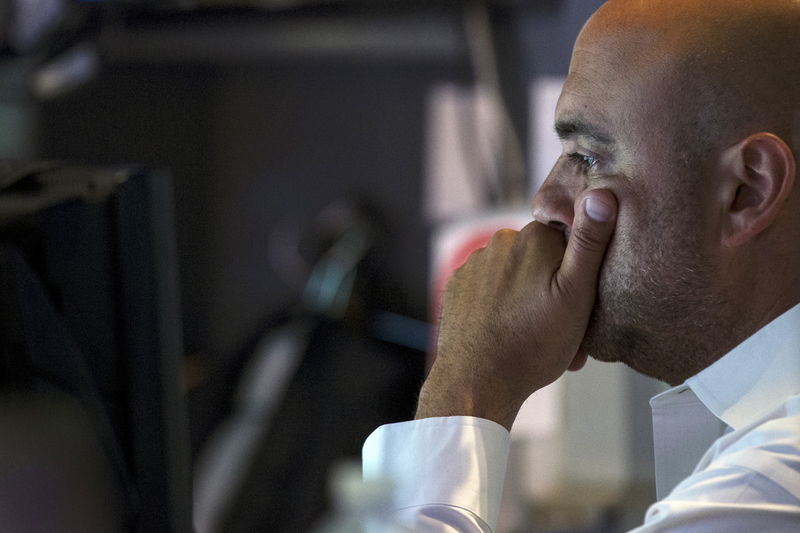The success of Western Australia’s mining sector is one of the most important aspects of the trade and investment relationship between Australia and many African nations.
WA Minister for Mines and Petroleum, the Hon. David Michael MLA told delegates at the Africa Downunder conference that the value of the State’s goods exports to Common Market for Eastern and Southern Africa (COMESA) countries in 2023 was $300 million.
He said the State’s top exports were aluminium ores and concentrates, liquefied propane and butane, and wheat, while the value of goods imported from COMESA countries to WA in 2023 was $28 million, including fertilisers, power equipment, crude vegetable materials, coffee, and fruit and nuts.
“Currently, there are around 72 WA companies actively operating 136 projects across a number of commodities in 27 African countries,” Minister Michael said.
“Just as our State’s mining and exploration sectors are thriving in Africa, so too are our world-class mining equipment, technology and services companies.
“Western Australia is a world leader in mining, with an industry that dates back more than 100 years.”
Western Australia’s Minister for Mines and Petroleum, the Hon. David Michael MLA.
Mineral diversity builds reputation
According to Minister Michael, WA’s global reputation in mining is based on the State’s mineral diversity, as much as it is based on the performance of the State’s iron ore majors such as BHP (ASX:BHP) Group Ltd (LSE:BHP, ASX:BHP), Rio Tinto Ltd (ASX:RIO) (LSE:RIO, ASX:RIO, OTC:RTNTF), Fortescue (ASX:FMG) Metals Group Ltd and Hancock Prospecting.
“Advancement in remote operations centres is core to each of these companies’ productivity measures. From a base in Perth, some 1,300 kilometres away a wide range of machinery, trains, trucks and drill rigs in the Pilbara region can seamlessly and safely be operated,” Minister Michael said.
“There is also a great emphasis on reducing greenhouse gas emissions, with battery-operated machinery gradually displacing diesel machines.”
Western Australia’s world leading resources sector was a key driver behind a memorandum of understanding with the 19-nation COMESA block in 2014.
Knowledge and technology sharing in the fields of mining, petroleum and agriculture were primary objectives in the original MoU, which was renewed for a further six years in 2018.
“A revised MoU with COMESA, with involvement from Curtin University, has recently been prepared for consideration and we look forward to its progression in the near future.
“No doubt our vision for the future of mining in WA to not only extract our resources from the ground in a safe and responsible manner, but to value-add to our material, particularly our much sought after battery and critical minerals will be of great interest.”
Battery and Critical Minerals Strategy
Minister Michael recently released a refresh of the State’s Battery and Critical Minerals Strategy, along with a commitment of $100 million to establish a common-user critical minerals advanced processing facility in the State, subject to matched Commonwealth funding.
“Capturing more value onshore through increasing the downstream processing of critical minerals and manufacturing higher-value materials and products is our ambition.
“Our strategy aligns with that of the Commonwealth, and we look forward to seeing WA taking advantage of the Federal Government’s Future Made in Australia policy, which establishes a production tax incentive for processing and refining critical minerals.”
WA is committed to being an effective partner in helping to shape better-administered policy and regulatory mining frameworks that would help encourage the sustainable exploration and development of Africa’s mineral and petroleum resources.
Recognising these challenges, Minister Michael believed that WA’s approach to resources sector development and regulation would assist countries in Africa to develop their mining industry, and sharing the State’s regulatory mining system through COMESA was an excellent endeavour.
